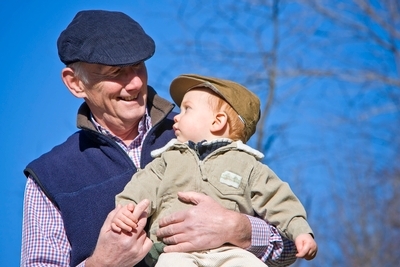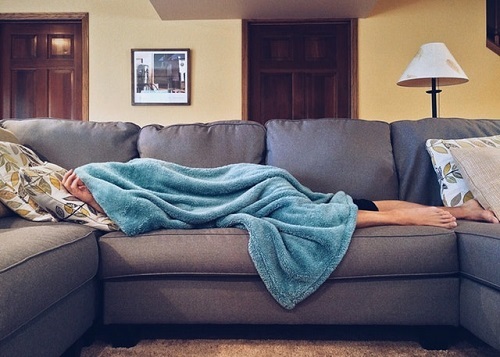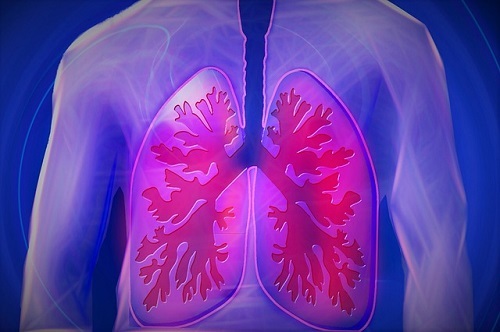
Healthcare has changed in so many ways over the past few years. Much of what we see is focused on not just treating the sick, but keeping healthy people well. Wellness Programs are popping up everywhere and insurance companies are offering incentives for people who are proactive at staying healthy. We see fitness programs, dietary counseling, blood pressure monitoring, health fairs and many other events directed towards health and wellness. One of the things which are most important, especially for seniors, is fall prevention. When it comes to seniors, often the mindset could be compared with that of the teenage years, regarding falls. An “it won’t happen to me” frame of mind often interferes with someone taking preventive measures to stay safe.
When thinking about falls, one might envision cuts and scrapes or perhaps even a few bruises. Many people don’t realize that it is not the actual fall which could cause a fatality. Rather, it a domino effect with what occurs in the aftermath of a fall. What might initially seem to be a minor fall could render a person immobile. Immobility, even for short periods of time, can result in numerous health problems, including blot clots, pneumonia and pressure ulcers. All of these conditions can be life threatening.
Winter is approaching and with it comes the threat of ice and snow. Preparedness is of vital importance at this time of year. Be sure to keep rock salt in the home at all times. Look to purchase necessary items well before the threat of a storm. Don’t be that last person going to the store only to find the rock salt is gone. Furthermore, keep essentials on hand at all times in order to avoid rushing to beat a storm. Allowing for extra time if you do leave your home is also important. For it is often a distracting situation which results in a fall. Keeping flash lights with new batteries on hand should not be overlooked. In the event of a power failure, being able to see inside the home will contribute to a safer environment.
Let’s not assume that wintertime is the only season to be vigilant about our surroundings. Falls can happen anywhere at any time. Falls inside the home are very common. Many simple things can be done to make the home a safer place. Always wear the proper footwear. Don’t fall into the habit of trusting an old pair of slippers or other footwear. Check the soles often to be sure of traction. It’s best to choose flat, or low heeled shoes. Replace indoor footwear regularly. Remember to wear a belt when necessary to prevent tripping on clothing. Avoid clutter in the home in order to ensure walking areas are clear of obstacles. Do not use throw rugs, carpet runners or mats. They are considered to be one of the biggest causes of falls in the home. Having shower bars installed is another safety measure that should be considered. Often stepping over the tub to get in and out of the shower will cause loss of balance. Keep eye glasses clean and close by at all times. If a cane or walker is part of your daily life, be sure to use it even to go short distances. If there are pets in the home, be aware of where they are when moving about the home. Keep electrical cords tucked safely against the wall and install nightlights or low voltage lights in the bedroom, hall and/or bathroom at night.
In the event that a fall does occur, it is important to have a plan in place, especially if you live alone. Plan to speak with the same family at least once per day as a safety check. Ask a neighbor to check on you regularly. Establishing a trusting relationship with your letter carrier can provide another pair of eyes to check on your well-being on a daily basis, as uncollected mail would raise a red flag. Keep a working cell phone within reach at all times. Further, know how to operate the cell phone, even if you only plan to use it in case of an emergency, and if a cell phone seems overwhelming, consider a life alert system which can provide assistance 24 hours a day, should the need arise.
Finally, remember that every person is at risk for falls, even if they have never fallen before. There is always a first time. Being proactive and being prepared could save your life.
Editor’s Note: This article is provided by Terry Hudson, RN, at Victorias’ Home Care, LLC. For more information, visit www.victoriashomecare.com or call 610-544-3037.


Comments